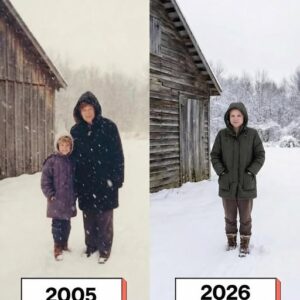When his wife died, a widowed father of two remarried. His new wife had a 12-year-old daughter from her first marriage, and for the past 11 years, he has tried to treat her as his own. He paid for private schools, covered college tuition, attended her activities, and worked extra hours so his wife could stay home.
But despite his efforts, his stepdaughter never accepted him. The final break came at her graduation, when she refused to invite him, saying: “You’re not my dad; you didn’t raise me.” Still, he continued supporting her financially, even through college. Recently, he learned—through his wife, not his stepdaughter—that she is engaged. He bought a cake and balloons to celebrate, only for her to ask that he not attend. When he finally spoke with her, she dismissed him again, refusing even his wish to share a father-daughter dance.
Now, as wedding bills arrive, he has refused to pay, telling his wife she can use her own savings if she wishes. His decision has caused family rifts, with in-laws calling him selfish. But after years of rejection, he believes it’s time to stop giving.Is he wrong—or finally setting boundaries?





